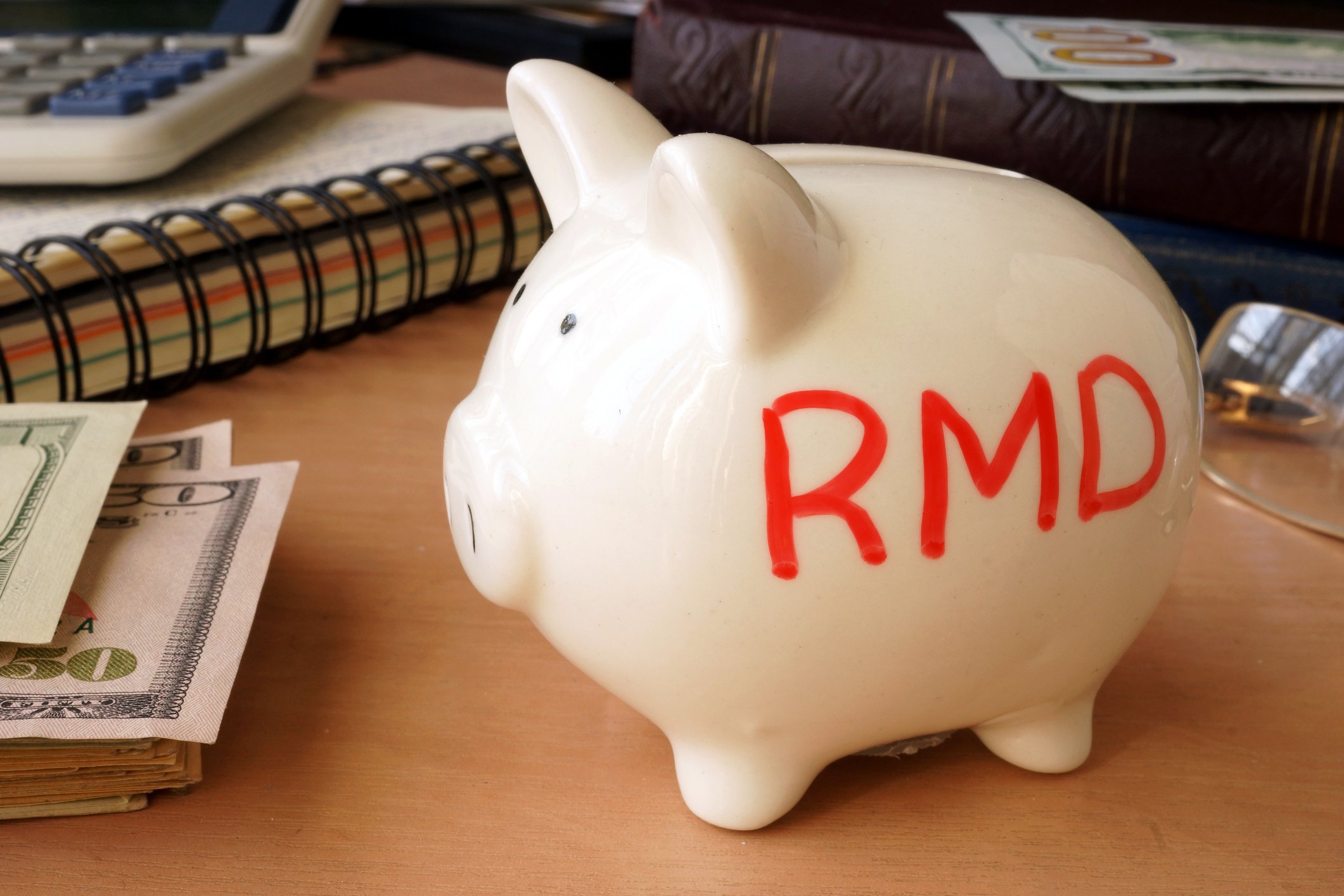We're living through an unprecedented health crisis, and while no one can be sure they're safe, adults over 60 have more to fear from COVID-19, the disease caused by the coronavirus, than their younger counterparts. This includes over 62 million Medicare beneficiaries. Minimizing your risk of contracting the disease by following Centers for Disease Control and Prevention guidelines should be everyone's first priority, but if you believe you have it, you need to get tested and possibly quarantined at a hospital, or isolate yourself at home.
All of this raises another question: Who pays for COVID-19 testing and treatments? For Medicare recipients, the answer is, fortunately, not you. But that doesn't mean you don't have to prepare yourself for potential financial hardship if you contract the disease.

Image source: Getty Images.
What COVID-19 expenses does Medicare cover?
The U.S. government announced on March 3 that Medicare Part B would cover all COVID-19 testing costs for individuals who were tested on or after Feb. 4. Medicare Part A also covers medically necessary hospitalizations, so if your doctor recommends that you remain in quarantine at the hospital rather than self-isolating at home, you will not have to pay for these costs. Medicare Part A has a $1,408 deductible, but you shouldn't have a copay unless you're in the hospital longer than 60 days for some reason.
There is currently no vaccine for COVID-19, but when one becomes available, all Medicare Part D plans will cover it. But if you do not have Medicare Part D or a Medicare Advantage plan that includes prescription drug coverage, you will have to pay out of pocket in order to get the vaccine. Those with a health savings account (HSA) can use these funds for the vaccine.
Medicare also pays for most of the cost of virtual check-ins with your doctor, which is a good place to start if you're not sure whether you should come in for COVID-19 testing. This is where you speak with your doctor by phone or video or through an online patient portal. You can discuss your symptoms with your doctor and ask any questions you have, and your doctor will decide whether you need to come in to get tested. This can help you avoid unnecessary exposure to other potentially sick individuals. You must consent verbally to these virtual check-ins and you will still be responsible for paying your Medicare deductible and coinsurance.
Medicare Advantage plans offer the same COVID-19 coverage as Original Medicare, as required by federal law, but some plans may provide additional coverage for telehealth or other related treatment. Check with your Medicare Advantage plan provider for full details about what is and is not covered under your plan.
Why you still need to be financially prepared
The possibility of having to stay isolated at home if you contract COVID-19 means that people who are claiming Medicare but still working face potential loss of income that could make it challenging to keep up with your bills. Isolating yourself at home may also require you to stock up on essentials like food and toiletries to see you through a few weeks of isolation. That could also be challenging for those who typically live Social Security check to Social Security check.
Now is the time to build up an emergency fund, before COVID-19 spreads any further. You might have to cut back on some of your regular expenses to do this, like driving less to reduce your transportation costs. (You might be doing this already in order to reduce your exposure to the virus.) Rather than investing all your extra money into hoarding toilet paper and hand sanitizer, keep it in a bank account where you can access it easily to cover your expenses should you need to self-isolate.
Everyone should have an emergency fund that can cover at least three months' of living expenses even when there's not a global pandemic. If you don't already have one of these, focus on building a one-month emergency fund now to help see you through a week or two of isolation. isolation at home and help pay for your regular bills if staying home due to COVID-19 would mean a loss of income.
If you're struggling to put together enough cash for an emergency fund, you could try tapping your retirement savings, if you have any, though you may want to consider this a last resort. Medicare recipients with HSAs can also withdraw money from these accounts for non-medical expenses, if need be, though you will owe income tax on these withdrawals.
Your health should be your first priority in the midst of this global pandemic, but if you get COVID-19, you could have a financial crisis on your hands. Understanding what your health insurance will and won't cover related to the illness and building up an emergency fund before the virus enters your neighborhood might help you avoid this.





